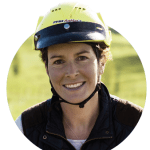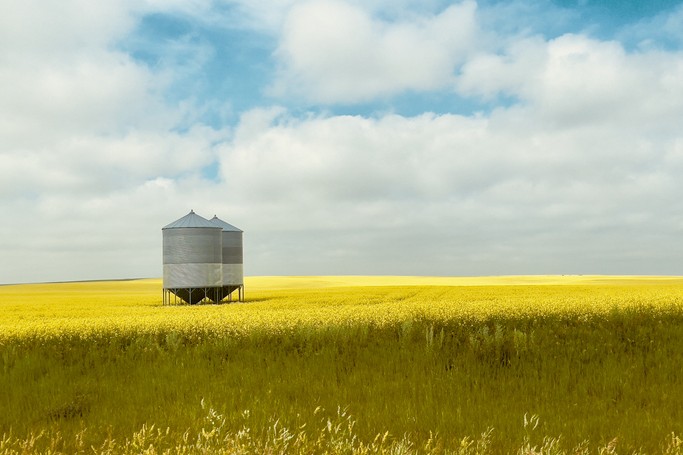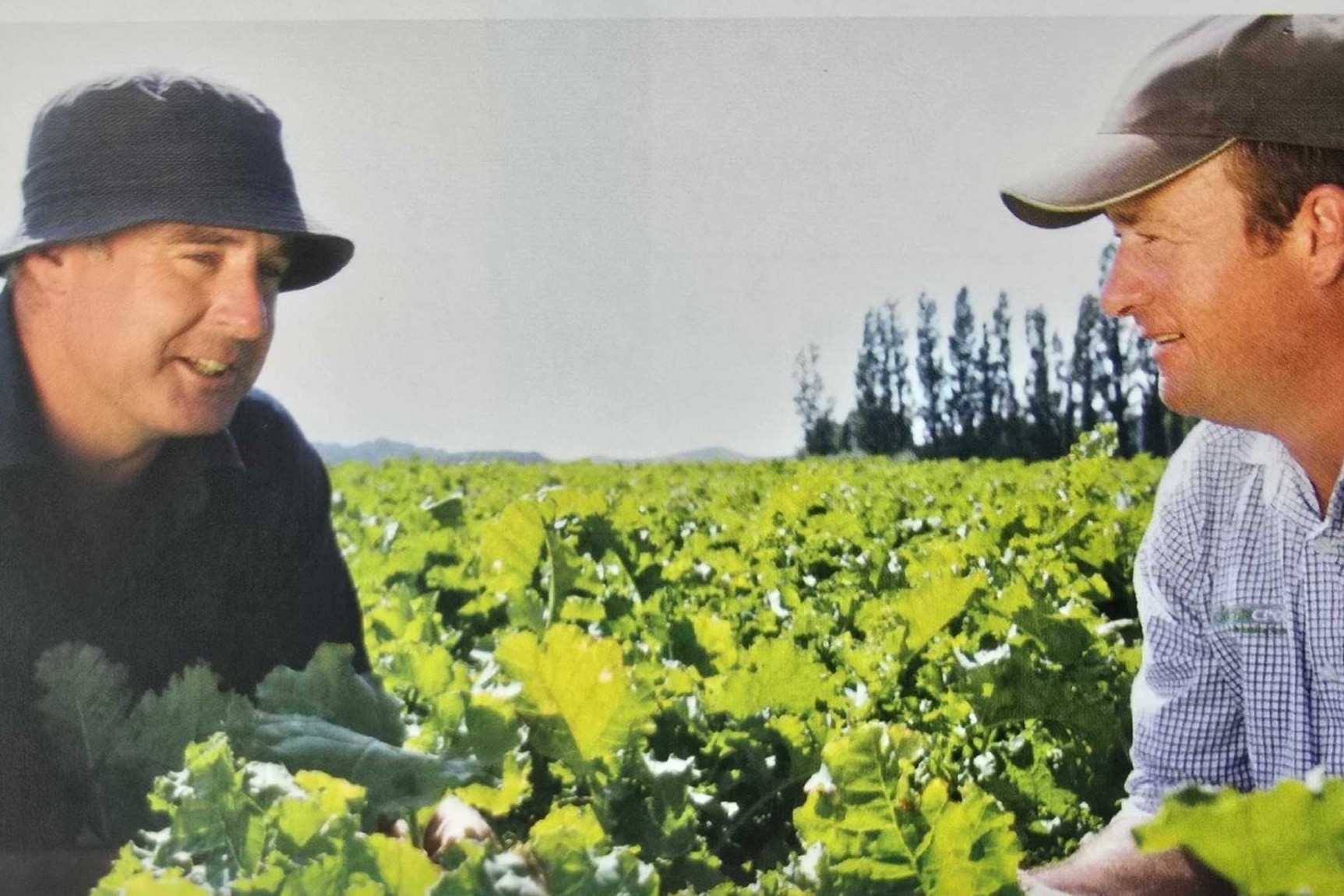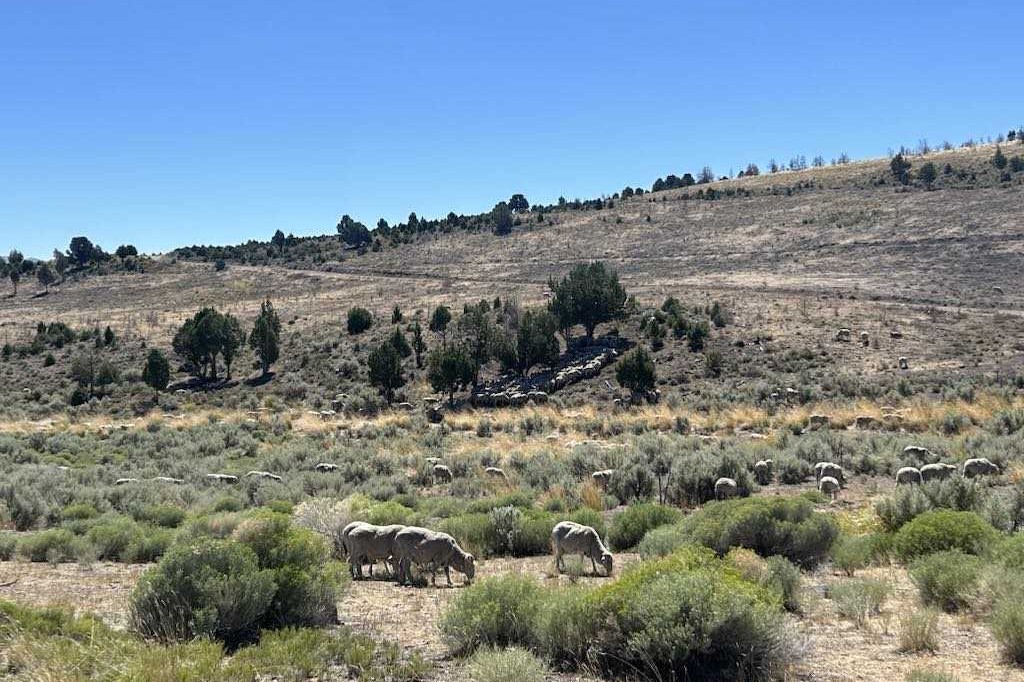Technology – a game changer
Dani Darke lives and farms with her husband Anthony and their three daughters on their sheep and beef farm in Aria, the King Country.

Survive till ’25 – we’ve done it! We are used to variability in this industry but the 23/24 season taught me not just about variability, but volatility. While I didn’t wish for the roller coaster, the experience has left me with some useful lessons:
Downturns don’t last forever! Looking back, the year feels pretty short, but I remember sleepless nights when it felt like the battle was terminal.
It’s also another reminder of the strength of our team. While I’m buzzing around in my head worrying and reworking numbers, the Other Half is out there making it happen and keeping it together.
An insight from Pita Alexander struck me: “A farming couple will move heaven and earth to make the business work”. I saw this play out everywhere. People took on side hustles, made sacrifices, and dug deep to keep life ticking over. It’s a testament to the grittiness of our amazing farming communities.
For me, 2025 is shaping up to be quite the year. I’ve been fortunate enough to receive a Nuffield Scholarship, and I’m equal parts excited and daunted by the opportunity. My focus will be on how future farmers will interact with and benefit from emerging technologies and AI.
Imagine the farm of the future. Data from soil moisture and temperature sensors, weather stations, satellite pasture measurements, gate-weighing systems, animal collars and nutrient management tools will flow seamlessly in the background, integrated and analysed in real-time. AI will provide alerts, scenario planning and insights – designed to make better, faster decisions. It will be like having your trusted farm consultant available 24/7, starting with a simple, “Hey Siri …”
We already understand the benefits of programs like FARMAX, but for us the barrier has been the time and effort required to capture and input accurate data. This is set to change with the automation of technology handling the heavy lifting.
“Change isn’t easy. It can be expensive, risky, and outside the wheelhouse. But we need to stay curious and open-minded.”
As I jump into my research, I’ll be exploring how other agricultural systems are leveraging these technologies and how New Zealand’s hill-country farms can be part of the development. Our ability and desire to adopt new tools will be the defining factor of the next 15 years and I believe the gap between top-performing operators and those resistant to change will grow much wider.
Change can be expensive, risky, and outside the wheelhouse, but we need to stay curious and open-minded. This must have been the mindset that drove our pioneering great-great-grandparents. They must have learned from their neighbours and their environment, constantly innovating and striving to improve, at a rate much quicker than today. For the past 10 years, New Zealand’s agriculture has seen about a 1% productivity gain year-on-year. It’s not enough. Technology will (and always has been) the game changer that accelerates growth.
I want to be part of this – to figure out how to de-risk new technologies and foster a mindset that welcomes innovation. I want to be part of an industry that is not just surviving, but thriving in a future that’s going to be undoubtedly faster and more competitive. I’ve been told Nuffield will be an experience of a lifetime, so I’m looking forward to getting started.
 Dani Darke lives and farms with her husband Anthony and their three daughters on their sheep and beef farm in Aria, the King Country.
Dani Darke lives and farms with her husband Anthony and their three daughters on their sheep and beef farm in Aria, the King Country.




